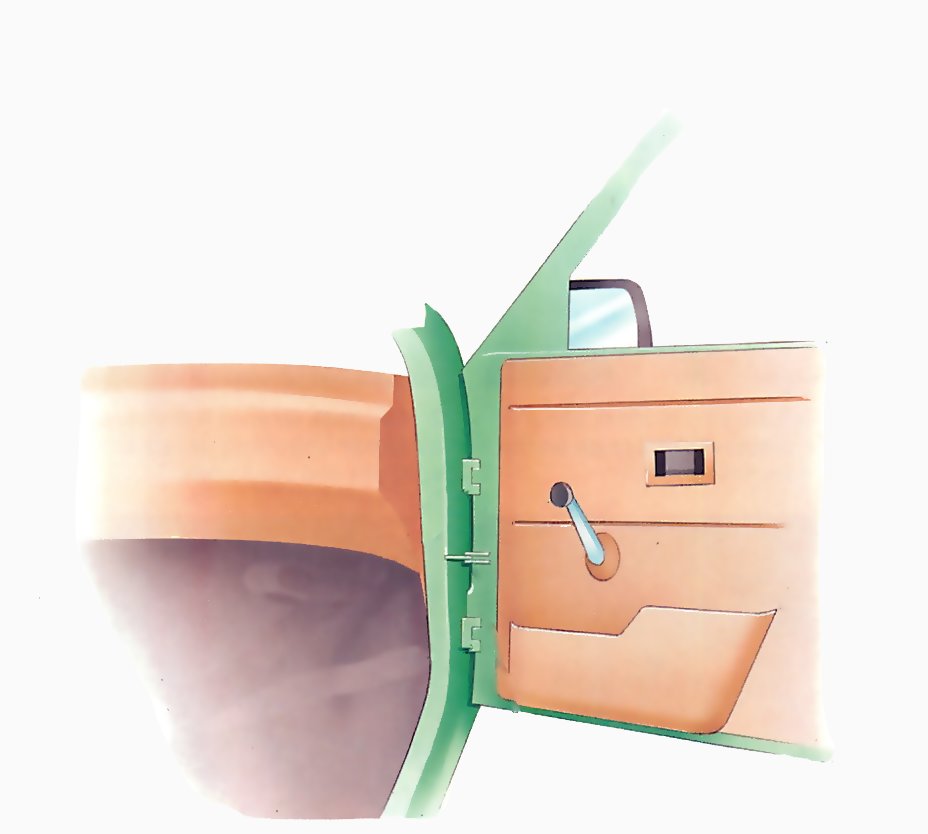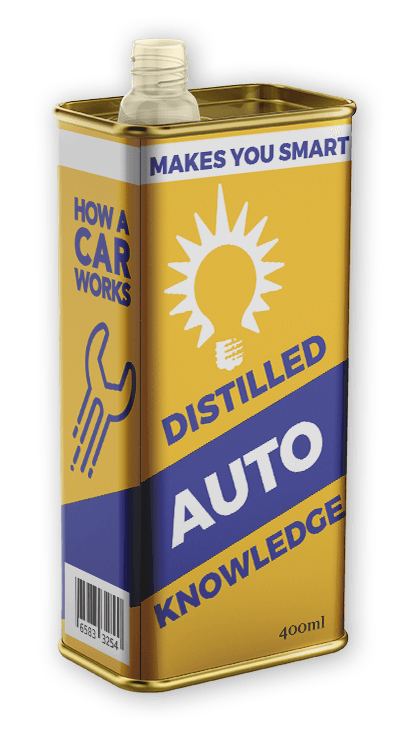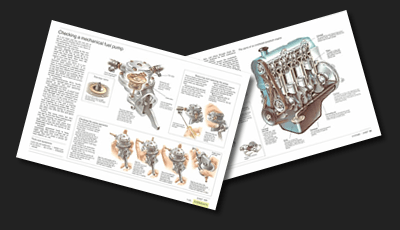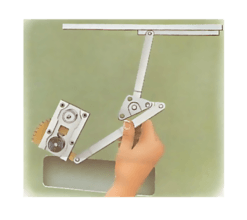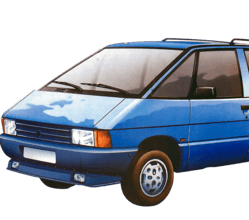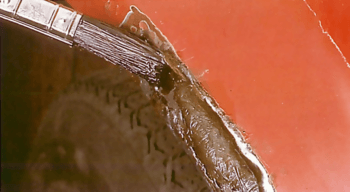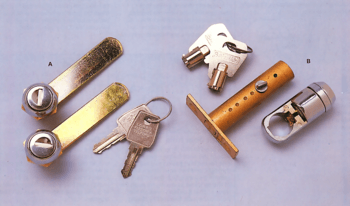
Vous pourriez avoir besoin de
Typical hinge location
Most cars have their hinges at the front of the door. The door is removed from the body by releasing the hinge securing screws or bolts or a central hinge pin. You may also need to disconnect any check straps and wiring.
As well as replacing a door because it has become rusted or been damaged in an accident, you may also need to do this job before a respray. With the doors off, the door pillars and inside surfaces can then be resprayed properly.
Check strap
Some doors have a check strap to stop it from opening too far. This has to be disconnected along with any electrical wiring (such as to the speakers) and air ducting before you can take off the door.
This video course is the best way to learn everything about cars.
Three hours of instruction available right now, and many more hours in production.
- 4K HD with full subtitles
- Complete disassembly of a sports car
The check strap is usually held on by a small nut and bolt or a clevis pin and split pin combination. On some cars the end of the strap is fixed inside the door pillar or frame and you have to take off the kick-strip or door trim panel (see Bodywork 8) to get at the fixings.
Once the fixing is revealed, remove the split pin and clevis pin or the nut and bolt holding the strap. The strap may have an unattached end in the door pillar - if so, after removing the fixed end, tie it up to stop it falling down inside. If the strap is held with a pin crimped at one end, the best way to remove it is to hacksaw it off.
With the check strap disconnected, open the door as far as it will go. Clean the area around the hinges and mark their positions with a felt-tip pen to help with reassembly.
Hinge bolts and pins are often very tight so soak them with penetrating oil and allow time for it to work in before you start to undo them. Then disconnect any wiring from the door (see sideline overleaf for details).
Types of hinge
Below are the three common types of door hinge.
This type is welded to both the body and the the door and is held together by a central pin.
The hinge may be welded on one site but bolted on the other.
Or it may be bolted or screwed to both the body and door.
Hinge fixings
The hinges may be held to the door and door pillar by bolts or screws, or they may be bolted on one side and welded on the other. Alternatively, they may be welded to the car and door on both sides and held together by a hinge pin.
If the fixings are screws, use a tight-fitting screwdriver to undo them. You may need to use an impact driver fitted with a suitable end bit to release them.
If the fixings are bolts, use a socket spanner. If they are very tight, again you can often use an impact driver on them by removing the adapter head and fitting a socket directly to the end of the impact driver.
Removing a car door
Use a felt-tip pen to mark around the hinge plate where it rests on the pillar or door frame.
If a check strap is fitted remove it by either unbolting or releasing the split pin and clevis pin.
Lubricate the securing bolts or screws with penetrating oil then remove all but one from each hinge.
With a helper to support the door, remove the last bolts or screws, and lift the door away.
Lift off door
If the hinges are held on by bolts or screws, loosen all the fixings on the top hinge and take them out except for one, and then do the same for the lower hinge. Then get a helper to hold the outer edge of the door while you remove the last two fixings. When they are out, you can lift off the door.
Note whether there are any shims fitted behind the hinges and how many. Keep them somewhere safe. If your door is fixed with hinge pins, drive them out with a drift while a friend holds the door.
Refitting
Get a helper to hold the door while you roughly line up the hinges. Refit any shims and then screw all the bolts or screws into place - don't do them up tight yet.
Move the door until both hinges are in line with the marks you made earlier, then fully tighten the bolts or screws. If the hinges are held by pins, fit new pins by carefully hammering them into place with a drift or the old pin.
Reconnect the check strap and check the action and fit of the door. Adjust it if necessary. Finally reconnect any wiring and air ducts, and refit the trim panel if you removed it.

